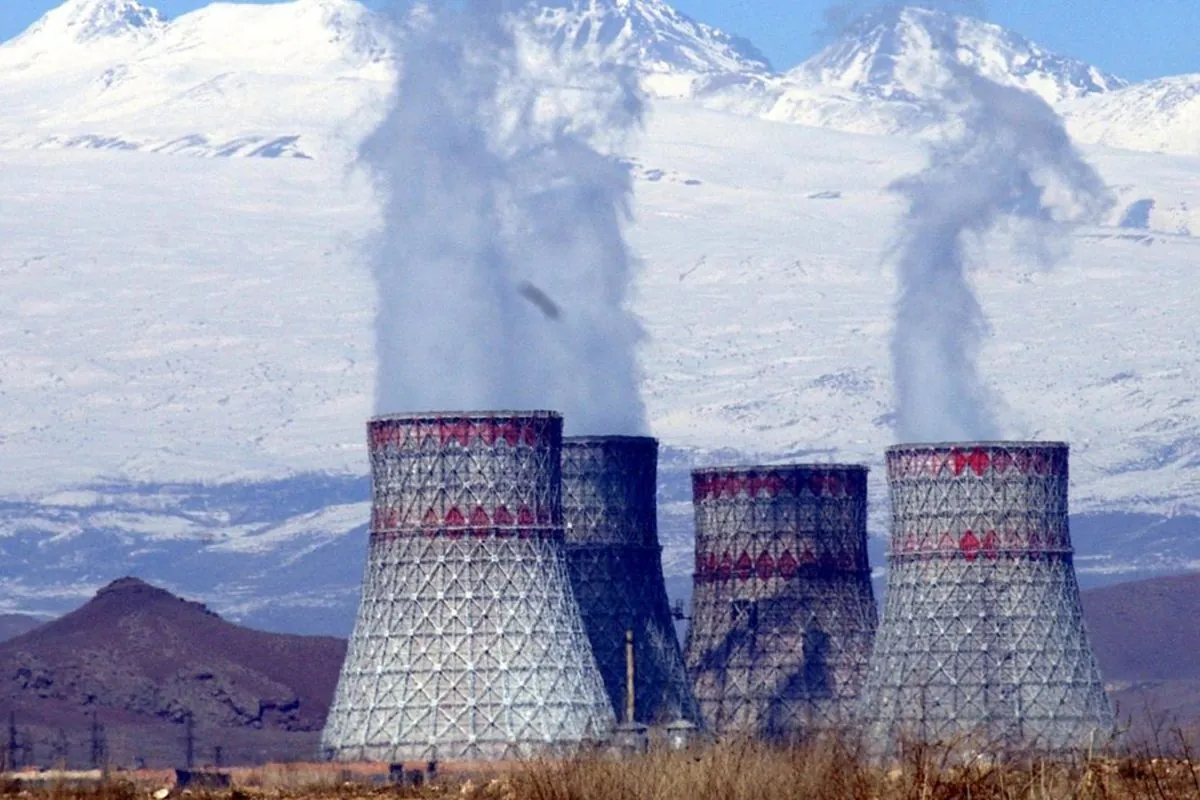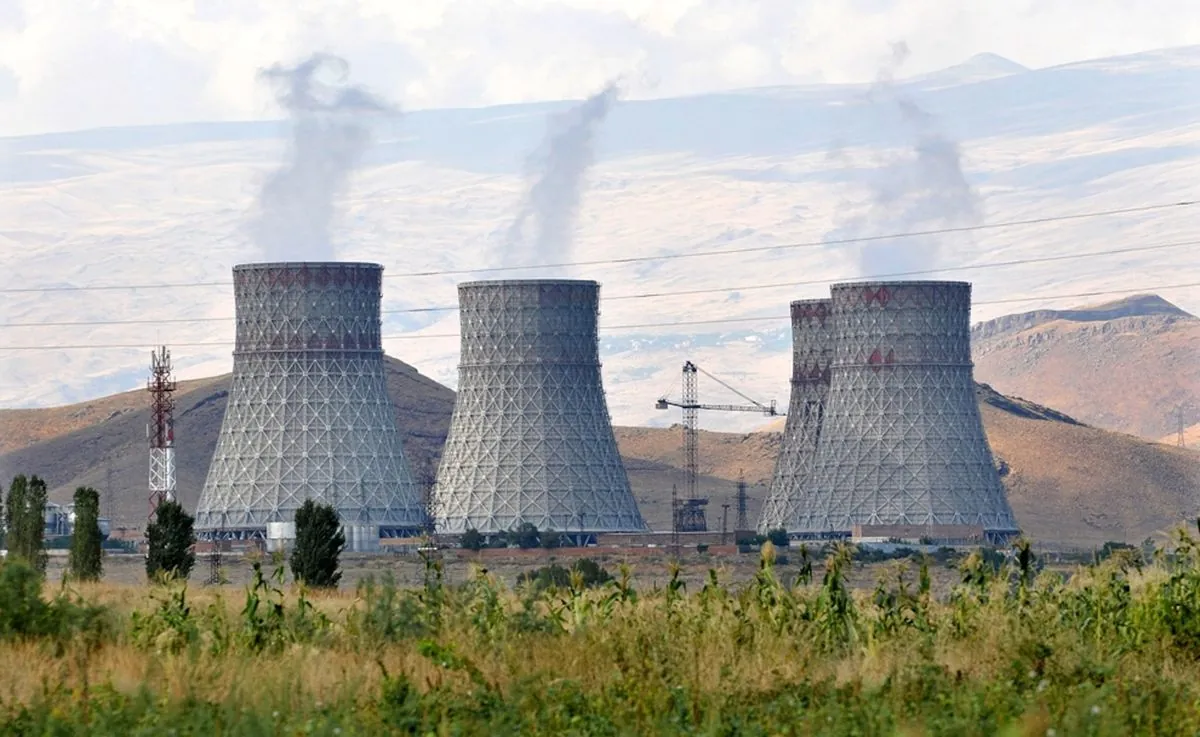Armenia's Nuclear Plant Resumes Operations After Lightning-Induced Shutdown
Armenia's sole nuclear power plant, temporarily shut down due to a lightning strike, has been reconnected to the grid. The incident caused blackouts in Yerevan and other regions before safety measures were implemented.

Armenia's only nuclear power facility, the Metsamor Nuclear Power Plant, has been successfully reconnected to the power grid following a brief shutdown caused by a lightning strike. The incident, which occurred on August 30, 2023, led to temporary power outages in several districts of Yerevan and other regions.
According to reports from Interfax news agency, citing local authorities, the plant is expected to resume full operations shortly. The lightning strike triggered the plant's safety systems, initiating a safe shutdown mode at 9:55 p.m. local time (17:55 GMT) on that Friday.

The Metsamor Nuclear Power Plant, located approximately 30 kilometers west of Yerevan, plays a crucial role in Armenia's energy sector, providing about 40% of the country's electricity. Built in the 1970s, it's one of the oldest operating nuclear reactors globally, utilizing a VVER-440 Model V270 reactor of Soviet design.
Despite its age and location in a seismically active zone, Armenian authorities maintain that the plant meets all necessary safety standards. The facility has undergone several safety upgrades and modernization efforts over the years. However, its operation has faced criticism from neighboring countries, particularly Turkey and Azerbaijan, due to safety concerns.
Armenia's reliance on nuclear power is partly due to its lack of significant fossil fuel resources. The Metsamor Nuclear Power Plant is the only such facility in the South Caucasus region, making it vital for Armenia's energy independence.
The plant has a complex history, having been shut down in 1989 following a devastating earthquake. It was subsequently reopened in 1995 to address the country's energy needs. Current plans indicate that Armenia intends to operate the plant until 2026, after which it will be replaced with a new nuclear unit.
This recent incident highlights the ongoing challenges faced by aging nuclear infrastructure and the importance of robust safety systems. As Armenia continues to rely on nuclear power for its energy needs, the balance between maintaining energy independence and ensuring public safety remains a critical consideration for the nation's policymakers.


































